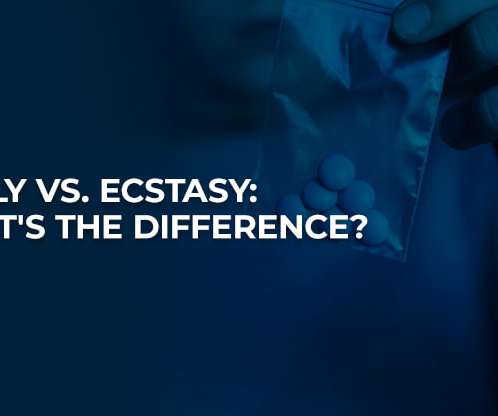Clinician and client political values in culturally-competent psychotherapy
Society of Clinical Psychology
MAY 17, 2021
The ways in which client and therapist political values affect the therapeutic process has been a neglected factor in clinical practice, with many clinicians committing “culturally-competent malpractice” in this area (Redding, 2020). Sociopolitical values: The neglected factor in culturally-competent psychotherapy.















Let's personalize your content